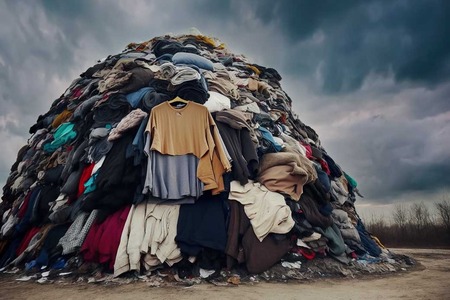
Indian textile industry urges govt to restart efforts to seal free trade pact with the EU
YarnsandFibers News Bureau 2014-06-24 09:20:00 – ChennaiYarn exports have been very good this year, but to further help yarn exporters, the Government needs to recommence efforts to seal a Free Trade Agreement with the EU to drive exports from the current $15 billion.
As fresh issues having cropped up, forcing the industry to look to the Government for solutions. One is China’s decision to cut down on yarn imports and release its huge stock of cotton to its mills, effectively taking away India’s largest yarn buyer. China’s buying during April-May this year is 10-12 per cent lower than last year. This has forced exporters to look at new markets such as Bangladesh, Vietnam, and some European countries.
According to, A Sakthivel, textile exporter and President of Tirupur Exporters Association, Bangladesh, which has such a Free Trade agreement with the EU, exports textiles worth $22 billion.
The textile sector is on the cusp of a growth period, its exports are improving and a robust domestic off take is keeping garment manufacturers optimistic. Though there are some issues in yarn shipments and dye manufacturing, the sector is still better off from a year ago.
During 2013-14 Budgets, the industry was hit by currency volatility and slowing global trade on account of the economic slowdown. Exports during 2012-13 saw a drop by 4.2 percent to $31.7 billion, against $33.3 billion in 2011-12. The previous Government energised the loan scene for handloom weavers through concessional term-loan rates at six percent and interest subvention schemes.
Manufacturing was jump-started by fresh allocations for manufacturing parks, and the flagship Technology Upgradation Fund Scheme continued into the Twelfth Plan period with an investment target of Rs. 1.5 lakh crore. Excise duty on branded garments was cut to zero from 3.5 percent, costing the exchequer Rs. 1,300 crore. Coinciding with a recovery in Western markets, however, these measures yielded results.
Spun yarn production increased 10 percent and 2 percent more cloth was manufactured during first half of fiscal 2013-14. Exports of cotton yarn and fabrics spurted to Rs. 54,039 crore for 2013-14 (Rs 40,946 crore the previous year).
The Tirupur textile manufacturing hub in Tamil Nadu accounts for over 45 percent of the country’s knitwear exports, and is just emerging from the effects of crippling power outages. In 2013-14, this cluster recorded a 30 percent increase in exports, at Rs. 17,800 crore, and is hoping for a slimmer duty structure.
The Government now imposes Customs duty on import of machinery and special fabrics. Winter garments are a big market for Tirupur exports and some fabrics need to be imported for their production. With export duty credit to offset the import duty on these fabrics will encourage trade. The industry has also requisitioned the Government to cut Customs duty on dye intermediaries and basic chemicals to help offset price inflation.
Despite budgetary boosts, the industry is under press by a constant shortage of labour. Garment manufacturers are looking for amendment in the labour laws to provide for structured compensation for employees working overtime. KR Nagarajan, who runs textile brand Ramraj Cotton, said that it is increasingly getting difficult for textile factories to get labour.
The textile industry set hope on the Union Budget 2014-15 to spell out incentives for exporters targeting the US and the EU under the market-linked Focus Product Scheme.
Market Intelligence
Ask for free sample Report

experience
Customer Base
dedicated team
Countries Served Worldwide









